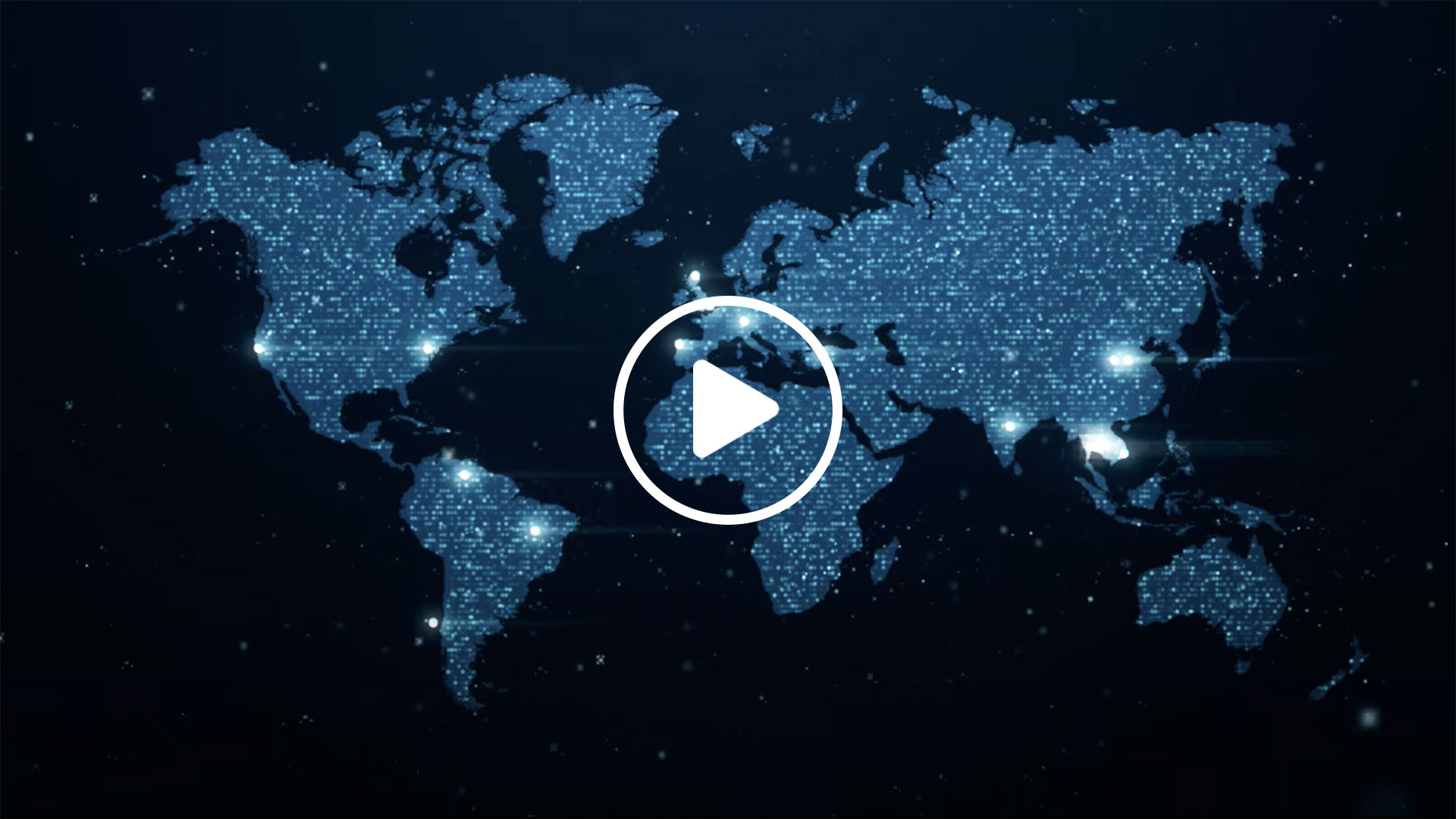
Many areas around the world were hit by severe natural disasters over the course of 2017, including some devastating hurricanes and strong earthquakes. Specifically, in the span of just a few months, North America was struck by unprecedented phenomena both in terms of frequency and breadth of affected areas. In the U.S.A. alone, natural disasters caused damage that affected tens of millions of people, leaving them without electricity and fuel (such as gasoline and diesel) for several days.
Things were further complicated by the fact that these areas are predominantly made up of single-family homes, which also slowed down rescue operations.
Furthermore, enormous hurricanes led to widespread flooding, which in turn caused significant problems for the water supply. The result was somewhat paradoxical: a lack of drinking water on the one hand, and a huge quantity of contaminated, unhealthy water to be removed on the other. Countries such as Mexico did not fare much better, as frequent earthquakes knocked out most of the electrical grid, fuel distribution networks and methane gas supplies.
The frequency of these major natural disasters reaffirms the importance of having measures in place that can help affected populations and restore acceptable living conditions as soon as possible.
Indeed, the emergency situations of 2017 have once again highlightedthe value and benefits of LPG as a practical and efficient energy source. LPG respects the living conditions of people who are already going through extremely tough times, without sacrificing environmental sustainability.
During and after these calamities, hundreds of thousands of people are forced to seek temporary housing and live in camps. Entire families—not to mention rescue squads—need practical, safe solutions to warm themselves up and cook their meals.
The frequency of these major natural disasters reaffirms the importance of having measures in place that can help affected populations and restore acceptable living conditions as soon as possible.
The key benefit of LPG is that it can be easily transported and widely distributed in small, individual gas cylinders, which can also be stored and used virtually anywhere. That’s why LPG is the ideal energy source in emergency situations.
There are several recent cases where LPG has helped disaster victims in both the developing and developed world, including areas such as Japan and North and Central America. For example, LPG was a primary source of support after the Japanese earthquake and tsunami of 2011, as well as after the New Zealand earthquakes of 2010 and 2011, and more recently, the tragic earthquake in Nepal in 2015.
As an off-grid energy source, LPG is a fuel like no other in times of hardship: it supports the primary needs of the affected populations, and it fully supports disaster recovery and backup activities for major distribution networks (water, electricity, methane, telecommunications).
The portability of LPG can also help prevent secondary disasters, since grids or pipelines are susceptible to fire in the event of an earthquake, hurricane or flood.
LPG cylinders can also be transported by helicopter in the event that road transportation is not possible. Safer than other fuels, LPG has a very high level of reliability.
The World LPG Association (WLPGA) is the official voice of the LPG world. It promotes the use of LPG in case of emergencies and has produced a series of case studies on natural disaster recovery, which can be downloaded from their website: www.wlpga.org.
WHEN EMERGENCIES STRIKE, GREENGEAR WATER PUMPS AND POWER GENERATORS ENHANCE THE BENEFITS OF LPG During major natural disasters, it is important that rescue units and families are equipped with power generators and water pumps.
It would be even better if this equipment ran on LPG.
Practical and efficient, LPG respects the living conditions of people who are already going through extremely tough times.
The main advantage of LPG-powered generators and water pumps is the low level of pollutant emissions from exhaust fumes compared to traditional fuels, such as gasoline or diesel.
Equally important is the fact that there is much less need for refills.
Thanks to the characteristics of LPG-powered equipment, it can also be used near refugee camps or logistical facilities, such as temporary kitchens or first aid units. And it is worth remembering that the same LPG cylinder used in a barbecue, for example, can easily be transferred and used to power a generator or water pump in case of emergency.
KEY USES OF LPG WHEN DISASTER STRIKES:
- Boiling water
- Heating
- Refrigeration
- Fueling temporary kitchens
- Power generation
- Powering wireless communications









